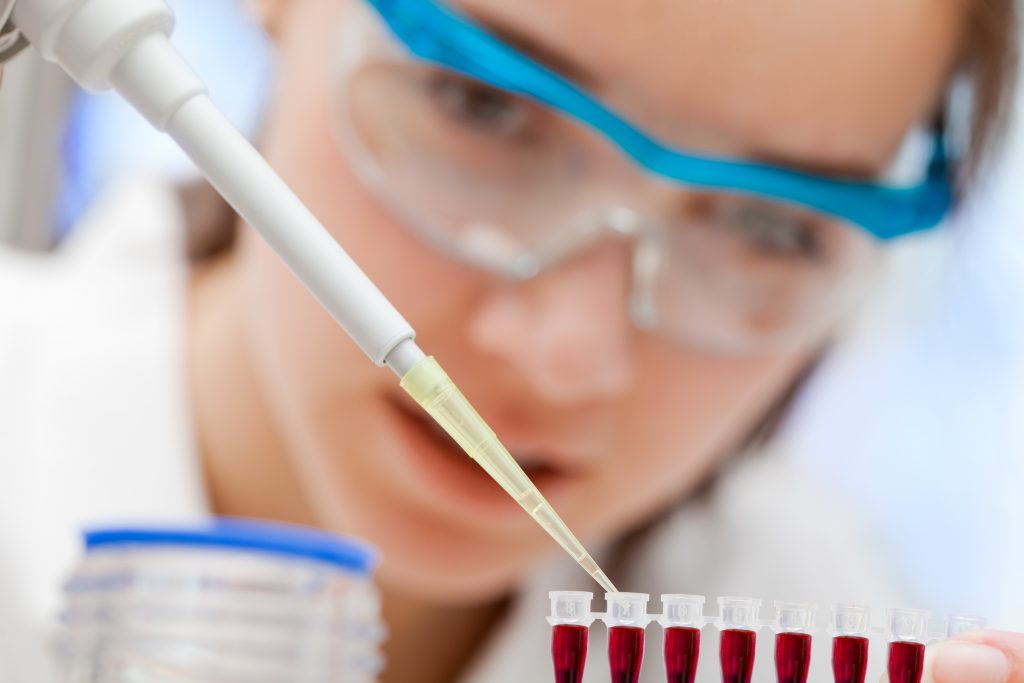
Scientists at the University of Washington Fred Hutchinson Cancer Research Center, in Seattle, WA have recently announced the results of several trials determining the efficacy of a new cancer treatment. This innovative new treatment uses white blood cells to help patients suffering form acute lymphoblastic leukemia. In the study, 94 percent of patients suffering form the condition, who were treated with these modified white blood cells, reported the weakening (or disappearance) of symptoms.
Lead researcher Professor Stanly Riddell remarks, “This is extraordinary. This is unprecedented in medicine to be honest, to get response rates in this range in these very advanced patients.” And “these very advanced patients” typically only live for a few months by the time the cancer is diagnosed.
While these results are preliminary and in no way indicative of prolonged treatment, Riddell confides, “There are reasons to be optimistic, there are reasons to be pessimistic. These are in patients that have failed everything. Most of the patients in our trial would be projected to have two to five months to live.”
Basically, this treatment involves removing T-cells from patients and tagging those cells with “receptor” molecules which can actually target cancer. These cells are then, of course, infused back into the body of the patient.
Of course, Riddell also advises, “Much like chemotherapy and radiotherapy, it’s not going to be a save-all,” but he also confides that this procedure could finally earn immunotherapy a real foot hold in the world of cancer therapy options. There are also still some risks that need to be examined and then engineered around to minimize complications.
The research still needs to be peer-reviewed—which means it has not yet been published—but Riddell stands firm that the results are, at the very least, impressive and promising.
In addition, while he admits we still have a very long way to go—and that some patients do experience a relapse in the cancer—he says the hope is to continue to develop this technique so that it might one day be able to help various kinds of cancer patients at different stages and with different tumor types.
